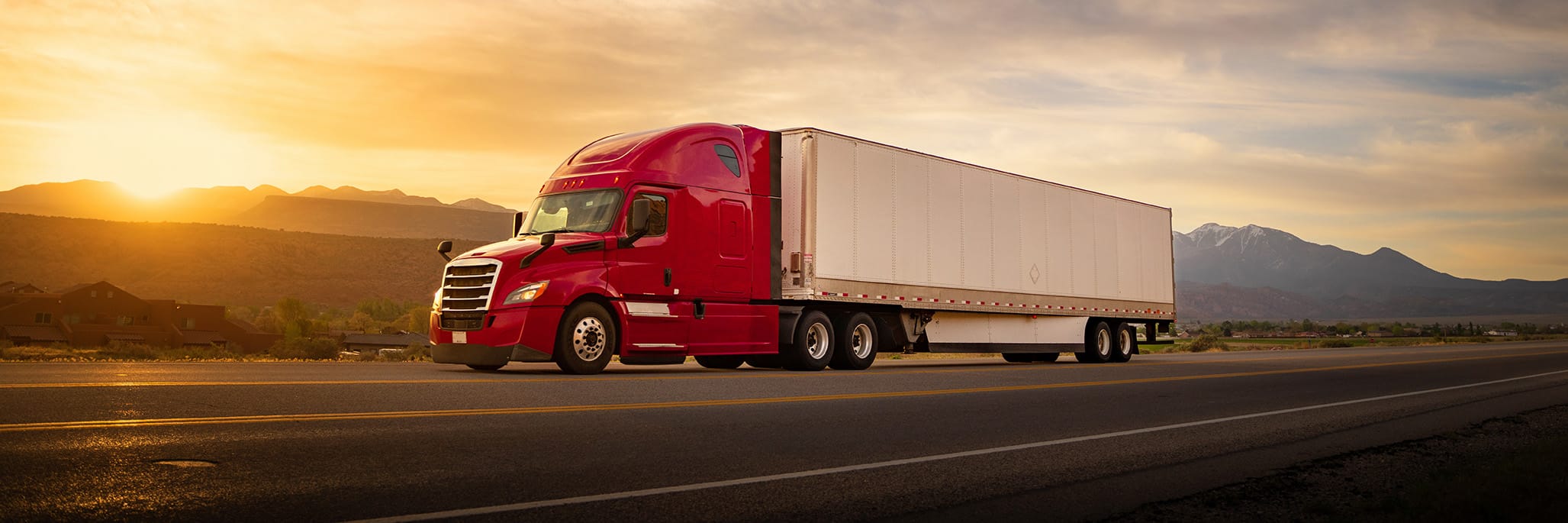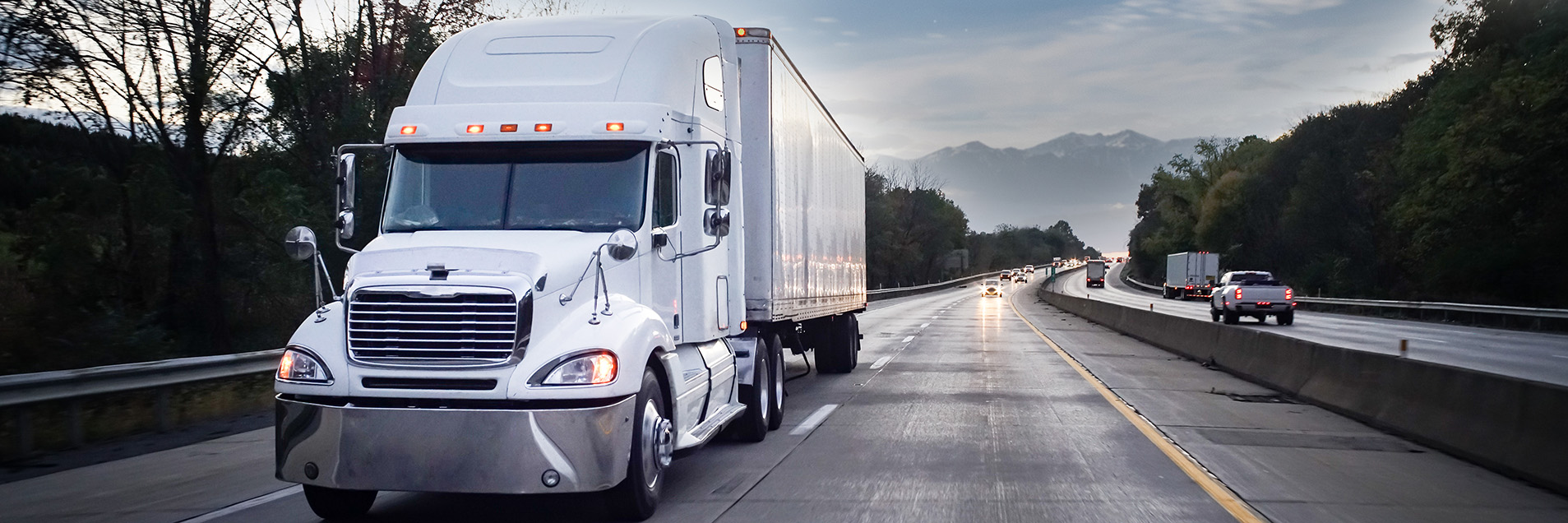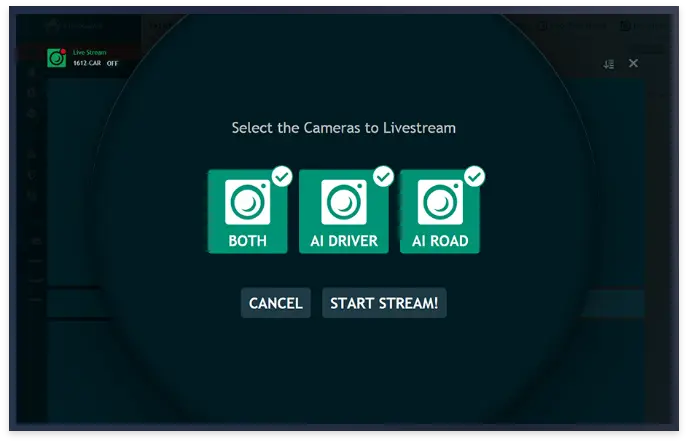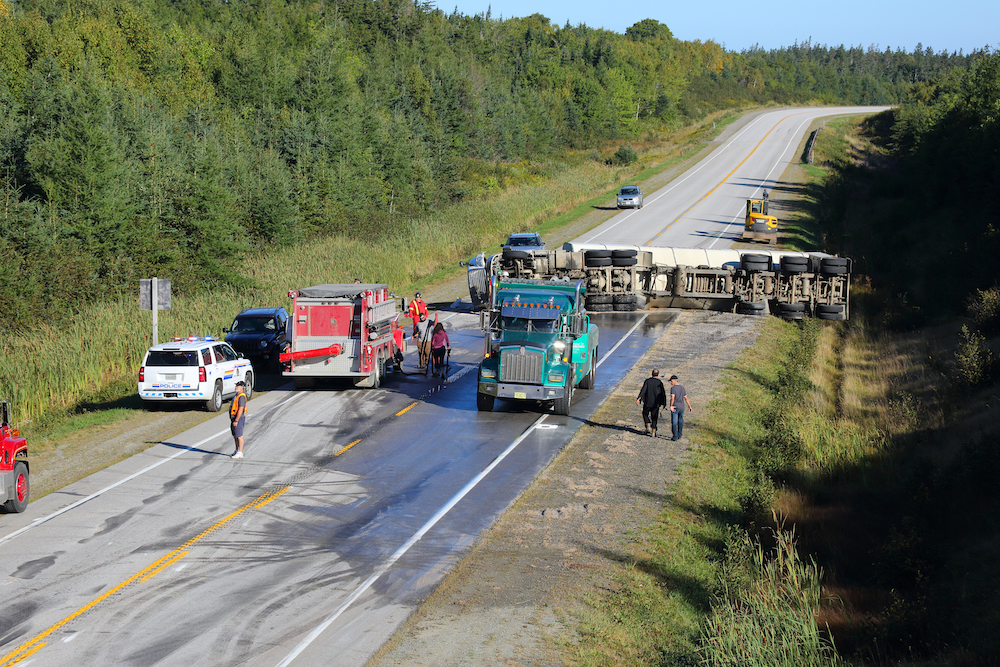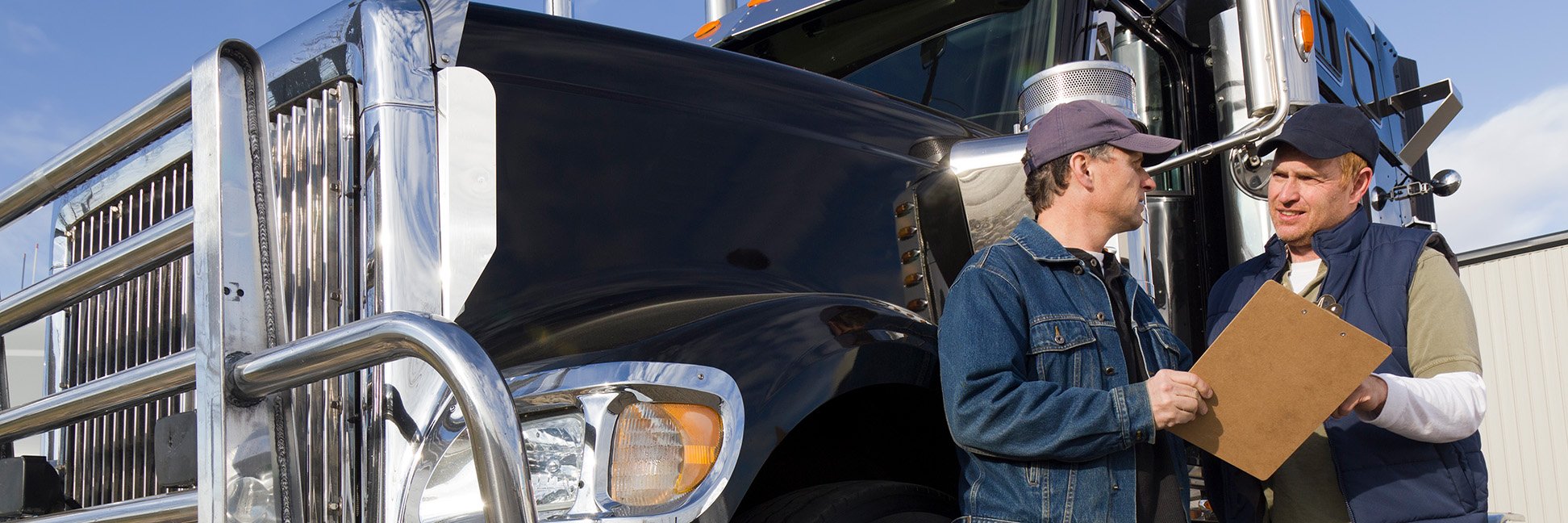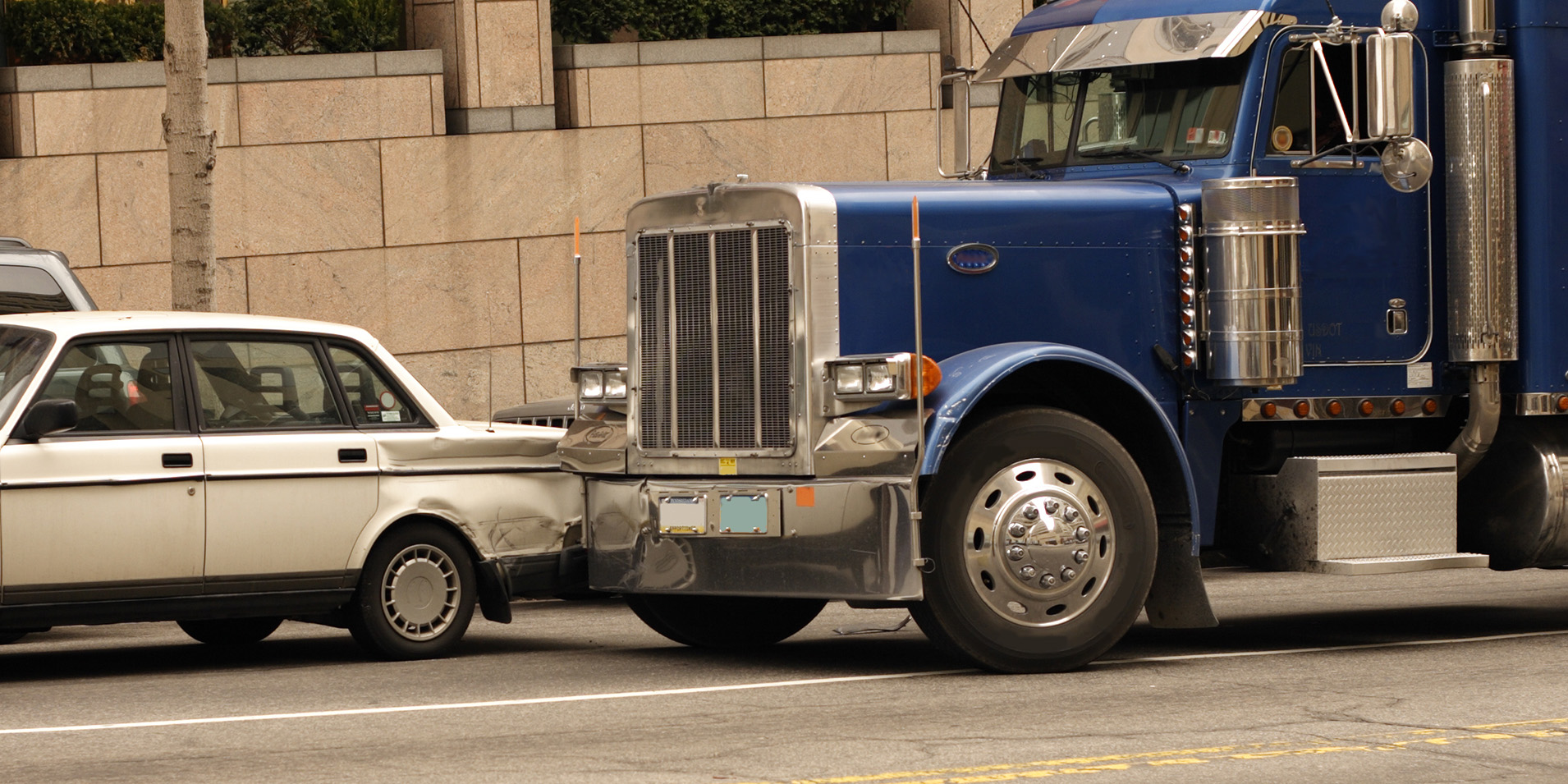In the high-stakes world of trucking, where every cent counts and the unexpected is the norm, the value of a reliable witness can’t be underestimated. Enter truck dash cameras – your silent observers, capturing invaluable footage that goes far beyond recording scenic routes. They are your frontline defenders in a battle for safety, security, and above all, financial prudence. But how exactly can these seemingly simple devices lead to cost savings? And are they really worth the investment?
In this article, we’ll take a deep dive into how truck dash cameras can impact your bottom line, starting with a significant reduction in your insurance premiums. We’ll expose the unsavory world of fraudulent claims, illustrating how dash cams can be your most trusted ally. You’ll discover how they can speed up claim resolution and reduce stressful downtime. Finally, we’ll explore the role they play in demonstrating your commitment to safety and solidifying your reputation with insurers. Armed with this knowledge, you’re not just saving your wallet, but securing the future of your business.
I. Decreased Insurance Premiums
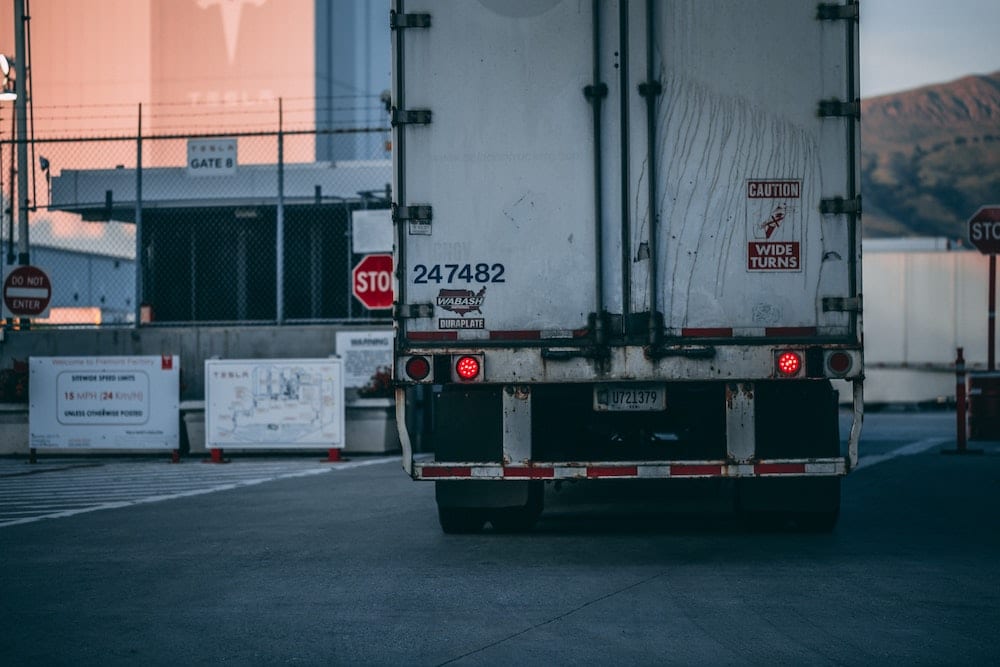
One of the most immediate and tangible benefits of investing in truck dash cameras relates to your insurance premiums. In an industry where costs can quickly spiral out of control, any opportunity to save money should be taken seriously, and that’s exactly what dash cameras offer.
Insurance companies base their premiums on risk: The higher the risk, the higher the premium. Conversely, if you can demonstrate measures taken to reduce risk, you can often negotiate lower premiums. Dash cameras play a pivotal role in this risk reduction.
For starters, dash cams encourage safer driving. Knowing that their actions are being recorded, drivers are likely to be more cautious and responsible behind the wheel, reducing the chances of accidents and subsequent claims. This is a win-win situation, not just for the insurance companies, but for you as well. Consider this, the FMCSA estimates that accidents cost carriers an average of $91k and nearly $200k for those resulting in injury. Fewer accidents means fewer disruptions to your operations, fewer repair costs, and a lower risk of injury to your drivers and other motorists.
Secondly, when accidents do occur, dash cameras provide clear, objective evidence of what transpired. This can accelerate the claim processing time as disputes over fault can be quickly resolved. Not only does this save you time and stress, but it also reduces administrative costs for the insurance company, a saving they may be willing to pass onto you in the form of lower premiums.
By promoting safer driving and speeding up claim processing, dash cameras significantly reduce risk and can lead to decreased insurance premiums. Investing in them could significantly save your bottom line in the long run.
II. Fighting Fraudulent Claims
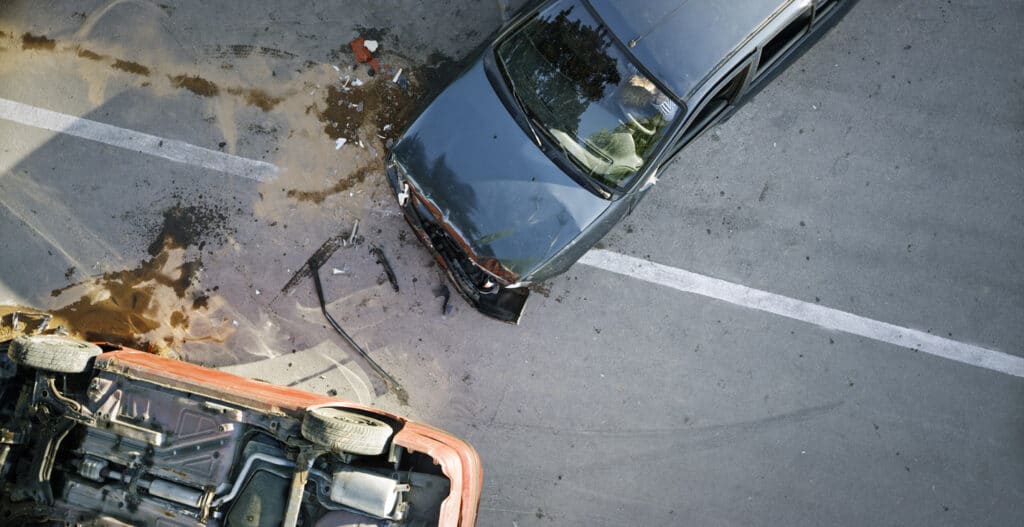
The harsh reality of the road is that not all accidents are genuine, and not all claims are honest. Insurance fraud is a major problem, with unscrupulous road users intentionally causing accidents that cost the commercial trucking industry billions in insurance claims every year. Dash cameras serve as a powerful line of defense in combating this issue, providing an unassailable record of events that can help reveal fraudulent activity.
Fraudulent claims often come in the form of staged accidents, where another road user intentionally causes a collision to claim compensation. Commercial trucks, due to their size and potential insurance coverage, can be attractive targets for these ‘crash-for-cash’ scams. Dash cameras, by recording objective footage of the event, can provide the evidence needed to expose such schemes.
In a well-known New Orleans case, a federal investigation into staged accidents with tractor-trailers resulted in the conviction of over 25 individuals. As part of the FBI’s “Operation Sideswipe,” over 40 defendants have been charged in an estimated 100 crashes in New Orleans.
Moreover, dash cameras can help combat exaggerated claims. Following an accident, parties may inflate the extent of their injuries or damages to claim higher compensation. Between 2010 and 2018, the average size of a “nuclear verdict” (those above $1M) has risen 967% from $2.3M to $22.3M.
The visual and audio footage captured by dash cameras can help insurance adjusters and law enforcement determine the true nature and severity of the accident, assisting in the identification and dismissal of inflated claims.
In the case of hit-and-run incidents, dash cameras can capture vital information like the license plate number, make and model of the car, and the appearance of the driver, making it easier for authorities to track down the perpetrator.
Ultimately, by capturing irrefutable evidence, dash cameras can deter and combat fraudulent claims, potentially saving your business substantial sums of money. It’s like having an honest, reliable witness with you at all times, ready to back your story with solid evidence.
III. Prompt Claim Resolution
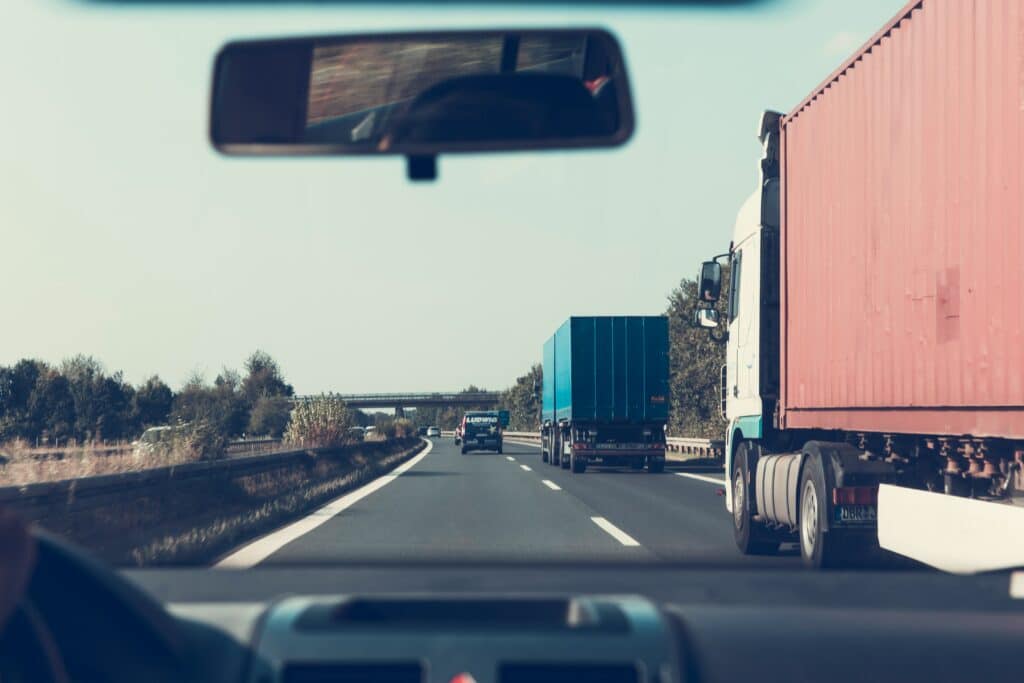
Insurance claims can be a drawn-out, stressful process, particularly when there’s a dispute about who was at fault in an accident. In such cases, the investigation can drag on, leaving you in limbo as you wait for the claim to be settled. This is another area where truck dash cameras come into their own, as they can significantly expedite claim resolution.
A dash camera records a factual account of events, leaving little room for conflicting narratives. In the event of an accident, the footage can provide a precise, minute-by-minute record of the circumstances leading up to the collision, the actual impact, and the aftermath. This evidence can be instrumental in identifying the at-fault party, eliminating he-said, she-said debates, and expediting the decision-making process.
The time and date stamp in the dash cam footage also offers an unequivocal timeline of events, an aspect that can be crucial in certain cases. Moreover, modern dash cams also record GPS data, providing an accurate location of where the incident occurred.
Prompt claim resolution is beneficial for several reasons. The sooner a claim is settled, the quicker repairs can begin, and the less downtime your truck will face. It also reduces the period of uncertainty and the stress associated with unresolved claims.
IV. Demonstrating Compliance with Safety Standards

Safety is paramount in the trucking industry. Not only does adherence to safety regulations protect your drivers and the public, but it also has a direct impact on your insurance premiums. Insurers favor businesses that demonstrate a commitment to safety, and dash cameras can serve as evidence of this commitment.
A 2015 report from Virginia Tech found that 87% of commercial crashes in the US are due to avoidable driver error or risky driving behavior. Many dash cameras address driver issues with features like lane departure warnings and forward collision warnings to help drivers maintain safety on the road. Not only do these features help prevent accidents, but they also encourage and reinforce safe driving habits. Regularly reviewing this footage can further promote safety by identifying areas for driver training and improvement.
In the unfortunate event of an accident, dash camera footage can show that your driver was adhering to safety protocol – using turn signals, maintaining a safe distance, not speeding – prior to the incident. This can help mitigate any potential increases in your insurance premiums.
Dash cameras provide a transparent record of your operations, allowing you to demonstrate your commitment to safety and compliance with industry regulations. This can help build a strong relationship with your insurance company, potentially leading to reduced premiums and more favorable terms.
V. Conclusion
Investing in truck dash cameras is more than a safety measure; it’s a strategic move to save money, protect your business, and foster an environment of accountability and safety. Don’t wait for an accident to happen or a fraudulent claim to hit your books. Take the proactive step to equip your fleet with dash cameras today and start realizing these benefits firsthand.
FAQs
Are there any privacy concerns associated with using truck dash cameras?
While dash cameras can be a great tool for safety and accountability, it’s important to consider privacy laws in your area. Generally, recording public roads is permissible, but informing your drivers about the cameras and their purpose can help address any concerns.
What type of dash camera is best for commercial trucks?
The ideal dash camera for a commercial truck should offer good video quality, night vision, durability, and features that promote safe driving. It’s best to consider your specific needs and consult with a professional to make the right choice.
Can the footage from dash cameras be used in court?
Yes, the footage from dash cameras can often be used as evidence in court, especially in cases where it’s necessary to determine who was at fault in an accident. It’s advised to retain the original footage without any alterations for it to be considered as reliable evidence.

